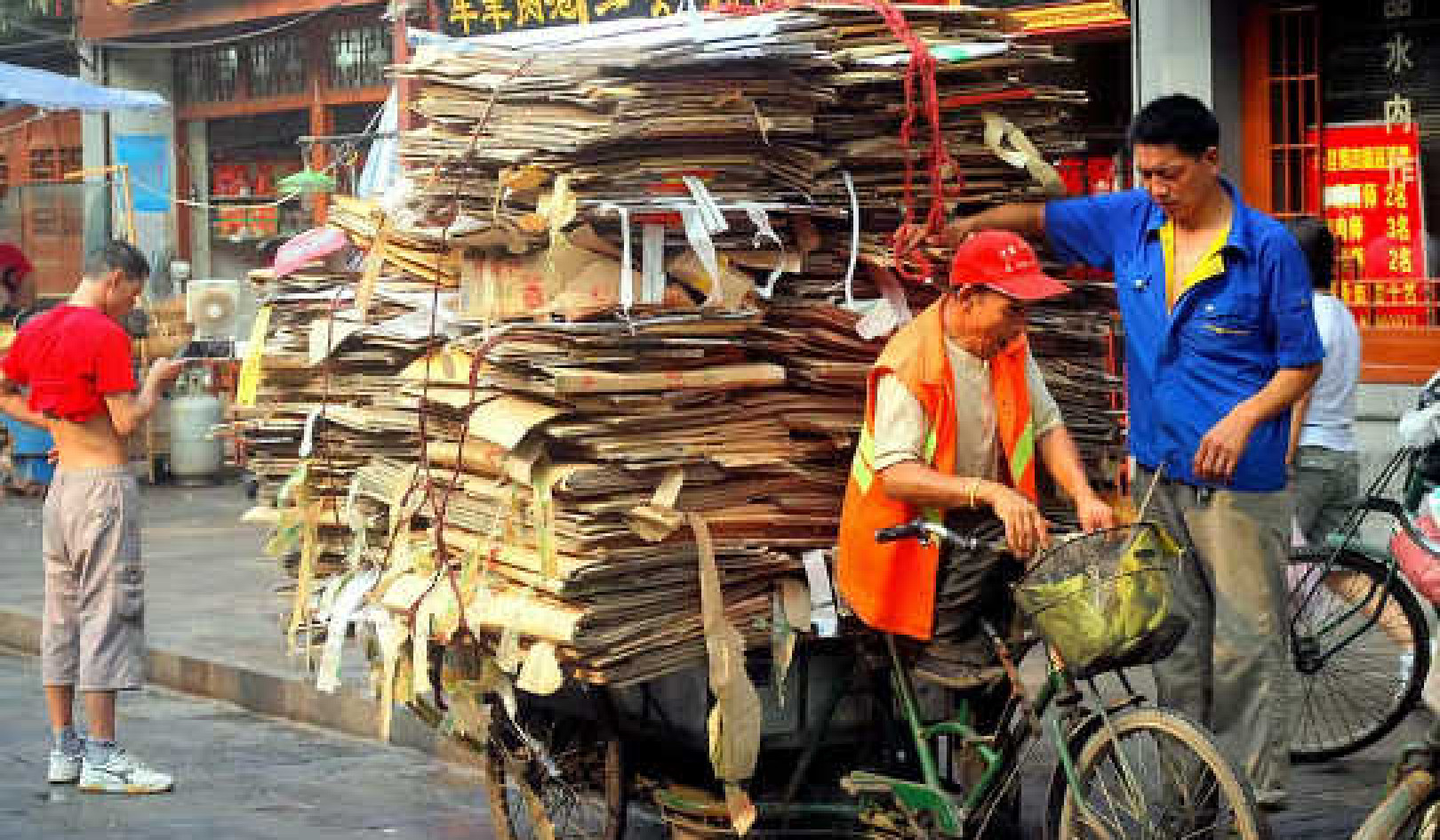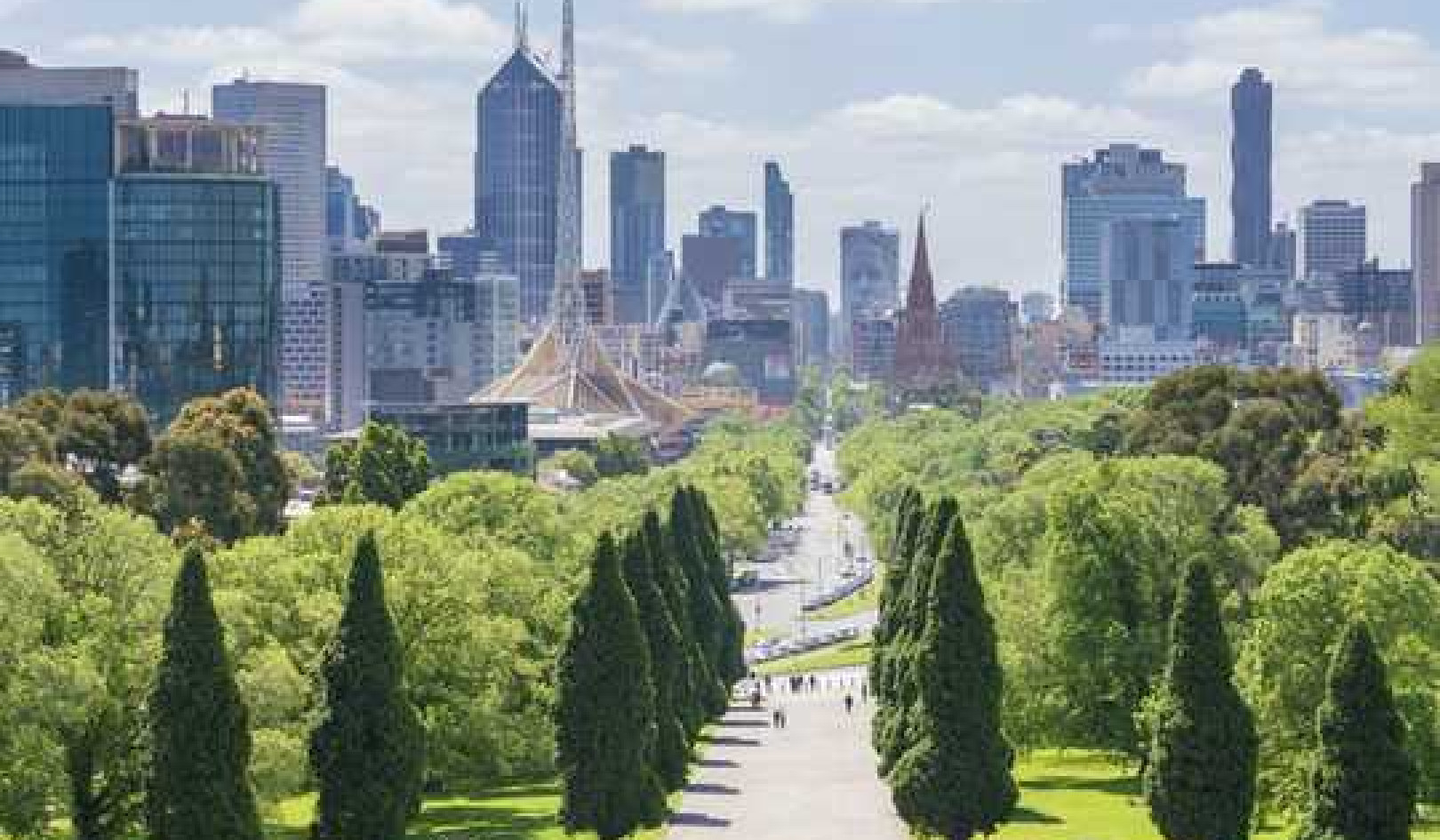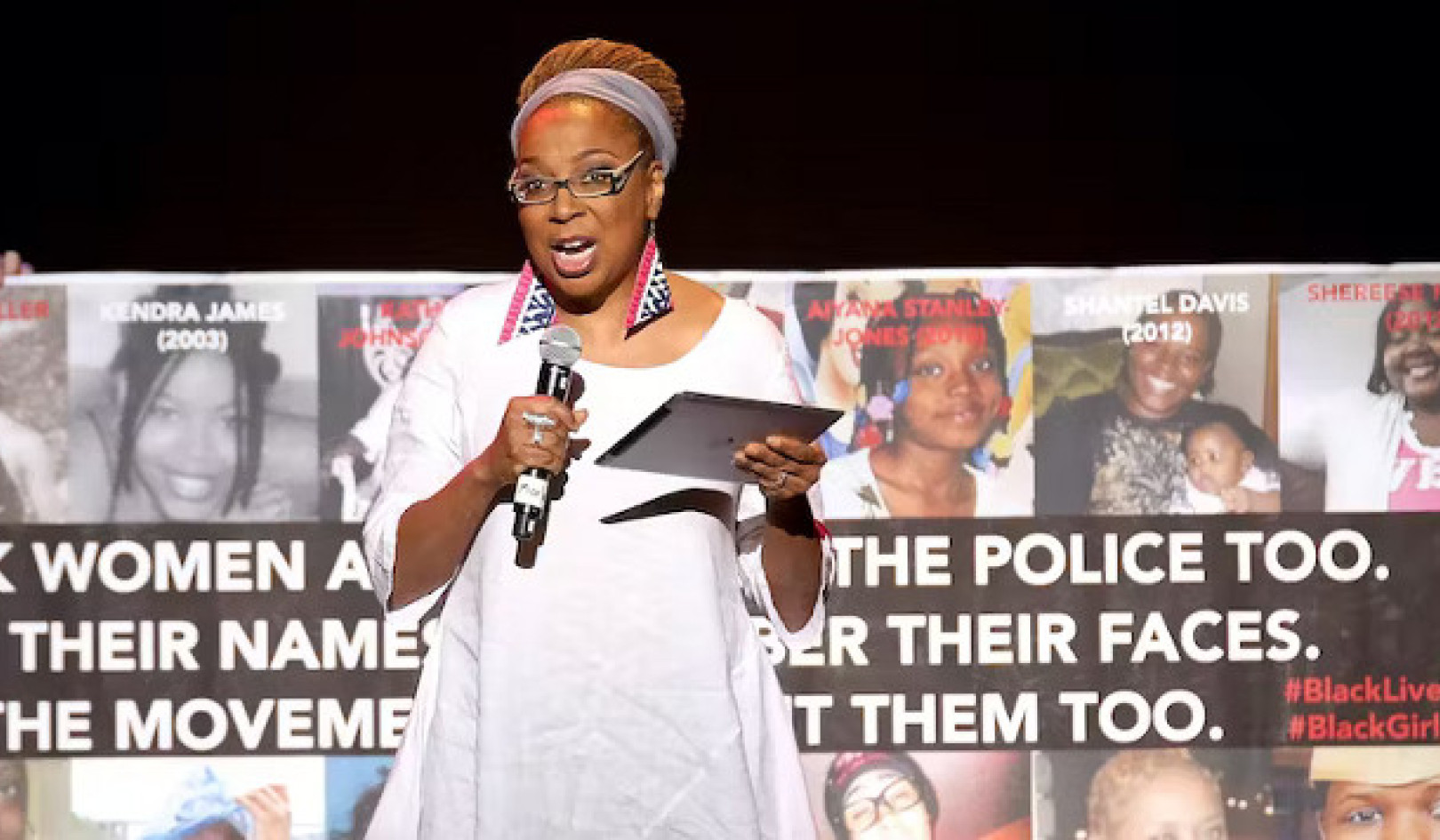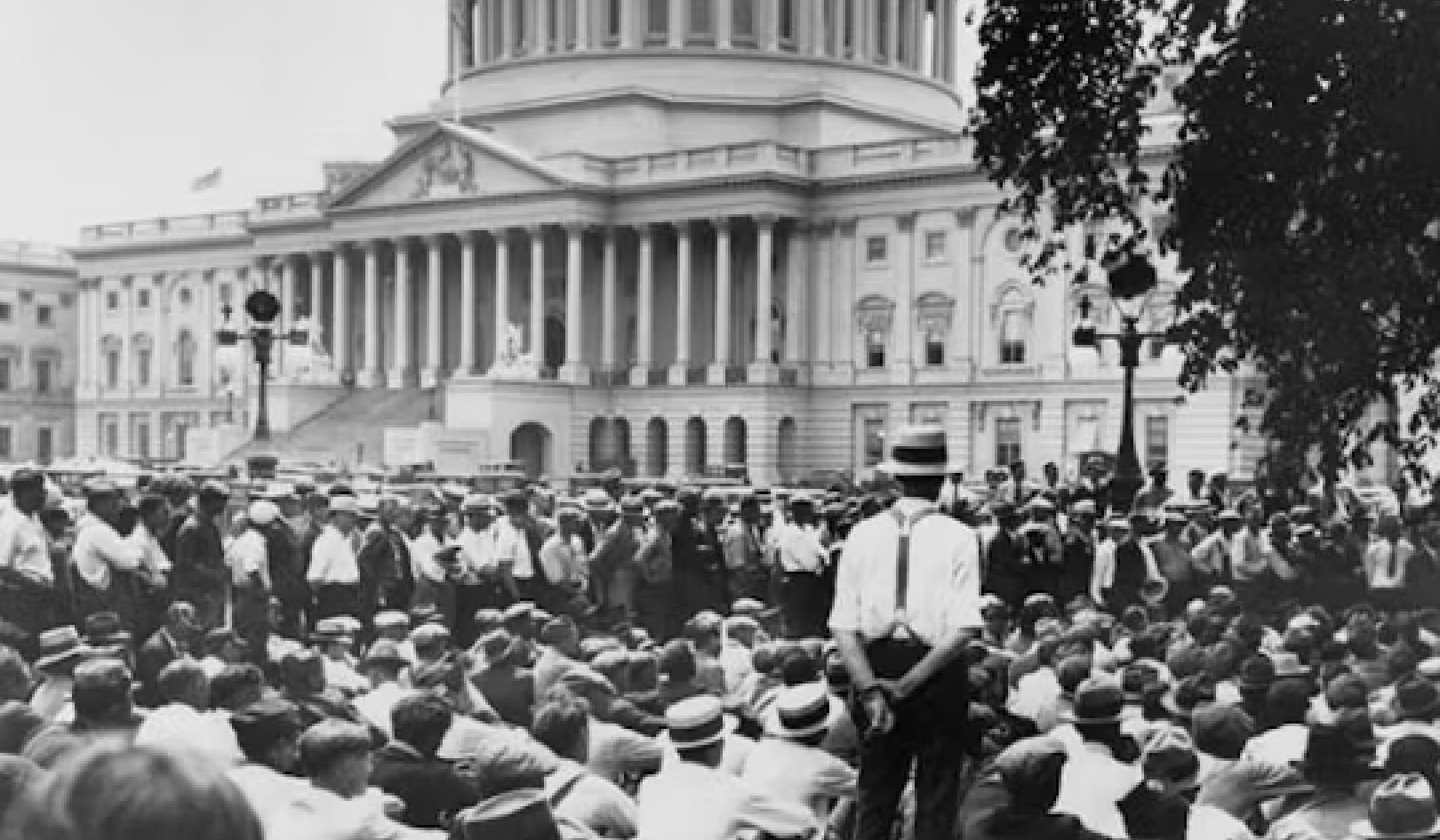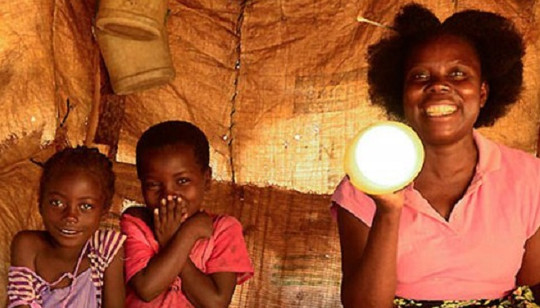
 any of the 600 million people who are still without electricity in Africa rely on home-made kerosene lamps for lighting ? putting themselves in danger from fire, toxic black smoke, and eye damage. But cheaper solar technology is being offered that can provide long-lasting light and additional power to charge telephones and other electric devices, without the need for an electricity grid connection.
any of the 600 million people who are still without electricity in Africa rely on home-made kerosene lamps for lighting ? putting themselves in danger from fire, toxic black smoke, and eye damage. But cheaper solar technology is being offered that can provide long-lasting light and additional power to charge telephones and other electric devices, without the need for an electricity grid connection.
The campaign to eliminate the kerosene lamp was begun by SolarAid, an international charity that seeks to combat poverty and climate change. It set up an African network to sell these devices in 2006, with the aim that every kerosene lamp will be replaced with solar power by the end of the decade.
A major milestone on the road to ridding Africa of polluting and dangerous kerosene lamps has been passed with the sale of solar lights reaching 1.5 million. So far, with 1.5 million solar lights sold, about 9 million people have benefited from its scheme.
Saves Money
The charity says that a solar lamp saves money because buying the kerosene uses about 15% of family income, whereas a solar kit ? bought the for as little as $10 dollars ? produces light for more than five years.
The risk of a kerosene fire is also removed, along with the indoor air pollution, and the lamps allow children to study at night. One kerosene light produces 200 grammes of carbon dioxide a year ? an unnecessary contribution to climate change.
SolarAid set up SunnyMoney, a social enterprise that sells the lights via school networks and local businesses. Selling the lights, rather than donating them, keeps money in local communities, provides employment, and allows the profits to be ploughed back into extending the scheme.
Currently, the organisation has East Africa networks in Kenya, Malawi, Tanzania, Zambia and Uganda, and is expanding to adjoining countries.
There are a range of lights and chargers offered from a variety of manufacturers, each with a two-year replacement warranty and up to five years battery life.
The cheapest, at $10 dollars, is a study light that gives four hours of bright light after a day’s charge, while the more expensive models offer light for up to 100 hours, charging for up to two phones at a time, and radio charging. The most expensive, which cost around $140, are ideal for small businesses.
SolarAid began life in 2006 when the British company SolarCentury, one of Europe’s leading solar companies, began donating 5% of its profits to the charity. SolarCentury’s founder, Jeremy Leggett, says that the charity benefited by £28,000 in 2006, but the company’s increased profits mean that the figure will be nearly £500,000 this year.
Solar’s Reputation
“We were the first in the field back then, but now there are many solar lights of all kinds on the market,” Leggett says. “Most of them very good, although there are some ghastly cheap products that do not last, which can harm solar’s reputation.”
He says the company donations had been matched with other corporate and government aid. Ironically, even Total, the oil company, is now selling solar lights at its petrol stations.
Leggett believes that the market is growing so fast that there is a good chance of SolarAid reaching its goal of getting rid of all kerosene lighting in Africa by 2020.
He is hoping to build on his idea of donating 5% of corporate profits to climate change and poverty alleviation charities, and is launching a “5% club” of enlightened businesses prepared to do the same.
“Most companies would not miss 5% of their profits, and the gains are enormous,” he says. “In my company, the programme is a great favourite with staff and gives everyone a feelgood factor. Compared with other similar companies, we retain staff longer because they feel their work is more worthwhile.”
– Climate News Network
About the Author
 Paul Brown is the joint editor of Climate News Network. He is a former environment correspondent for The Guardian newspaper and teaches journalism in developing countries. He has written 10 books ? eight on environmental subjects, including four for children ? and written scripts for television documentaries. He can be reached at [email protected]
Paul Brown is the joint editor of Climate News Network. He is a former environment correspondent for The Guardian newspaper and teaches journalism in developing countries. He has written 10 books ? eight on environmental subjects, including four for children ? and written scripts for television documentaries. He can be reached at [email protected]
 Book by this Author:
Book by this Author:
Global Warning: The Last Chance for Change
by Paul Brown.
Click here for more info and/or to order this book on Amazon.
























